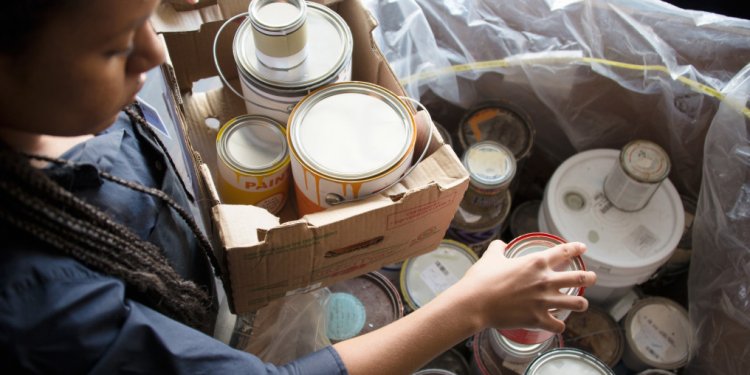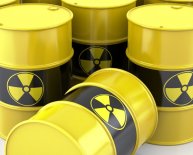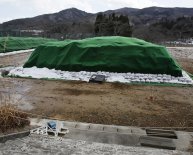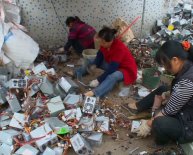August 27, 2019

Hazard Waste Disposal Sites
| Aluminum | Clean containers. |
| Appliances: Metal dishwashers, water heaters, stoves, ovens and clothes washers and dryers. | |
| Batteries: Auto and other lead-acid batteries. No forklift batteries. | Secure any leaking batteries in leak-proof containers. Keep separate from garbage and recycling. |
| Corrugated cardboard (a wavy layer between two flat layers) | Flatten cardboard boxes and cut up any boxes larger than three feet in any direction. Do not cut them any smaller than 1 foot square. |
| Glass bottles and jars | Rinse and sort by color; recycle caps with tin cans. |
| Magazines and catalogues | |
| Metal, scrap: Most metal accepted, including coated cables. | Neatly rolled wire fencing may be accepted for recycling. If the fencing is attached to non-recyclable things like wood fence posts, sod, or garbage the fencing will not be accepted free of charge. |
| Motor oil | You can recycle up to 20 gallons in 5-gallon or smaller containers free of charge. Take up to 35 gallons to the hazardous waste facility for $5. Containers must be left at the facility. |
| Mowers (lawn; non-riding), gas-powered | Drain of all oil and gasoline. |
| Newspaper | Remove strings, rubber bands or bags. |
| Paints
Accepted as hazardous waste. |
Keep separate from garbage and recycling.
Note: Clean, empty metal or plastic paint cans can be recycled at the curb, as well as the metal lids (not plastic lids) |
| Paper, scrap: Includes junk mail, cereal boxes, etc. | |
| Plastic film (transparent only): Shrink wrap, pallet wrap, shopping bags, dry cleaner bags and bubble wrap. | |
| Plastic milk jugs, bottles (with neck or threaded opening) | Remove lids and empty contents. |
| Plastic tubs: Yogurt, cottage cheese, salsa, margarine containers, etc.; cat litter and laundry detergent buckets. | Recycle tubs and buckets in the same bin as plastic bottles and jars; plastic lids and plastic handles are OK. Plastic plant pots and flats are also accepted free of charge. |

















